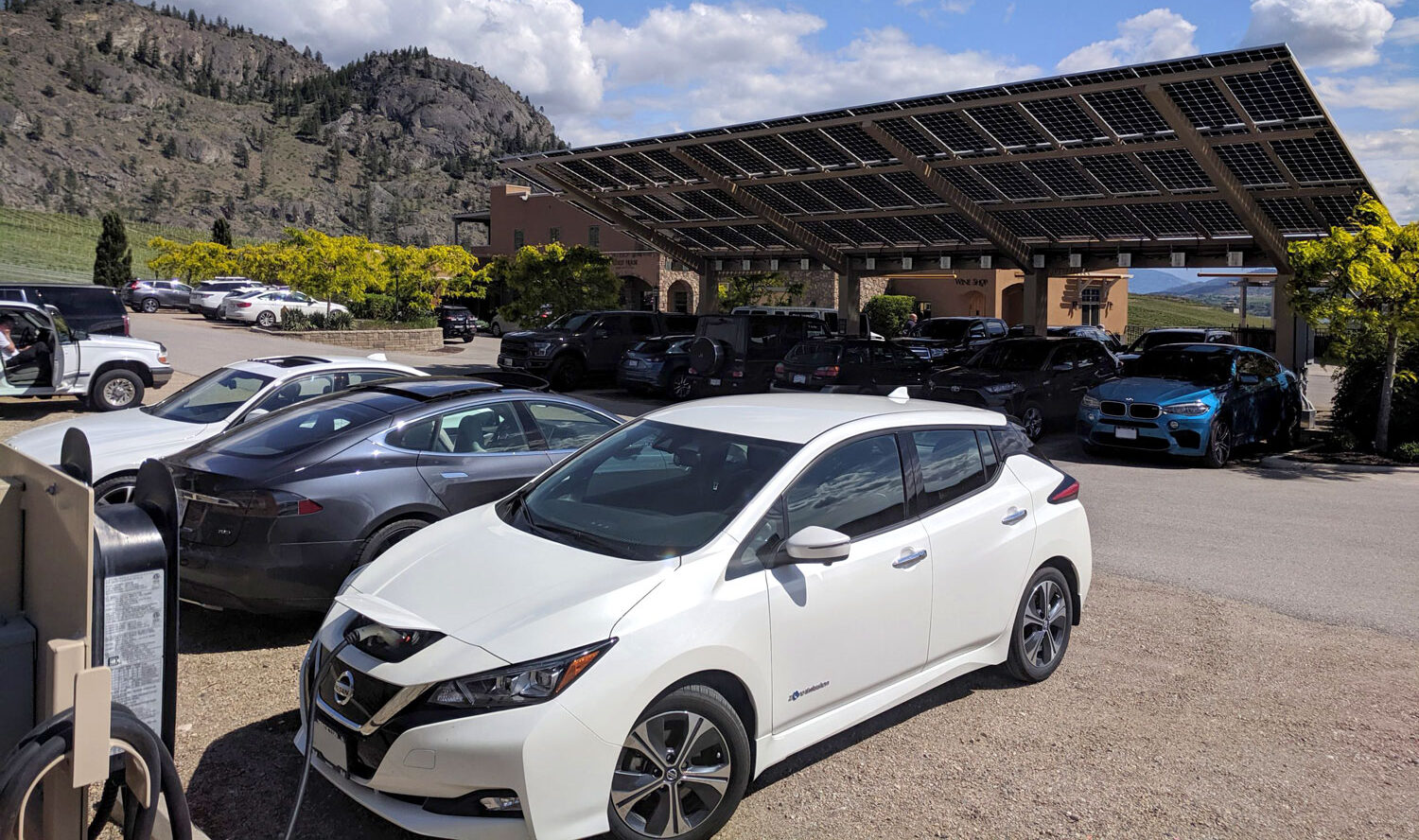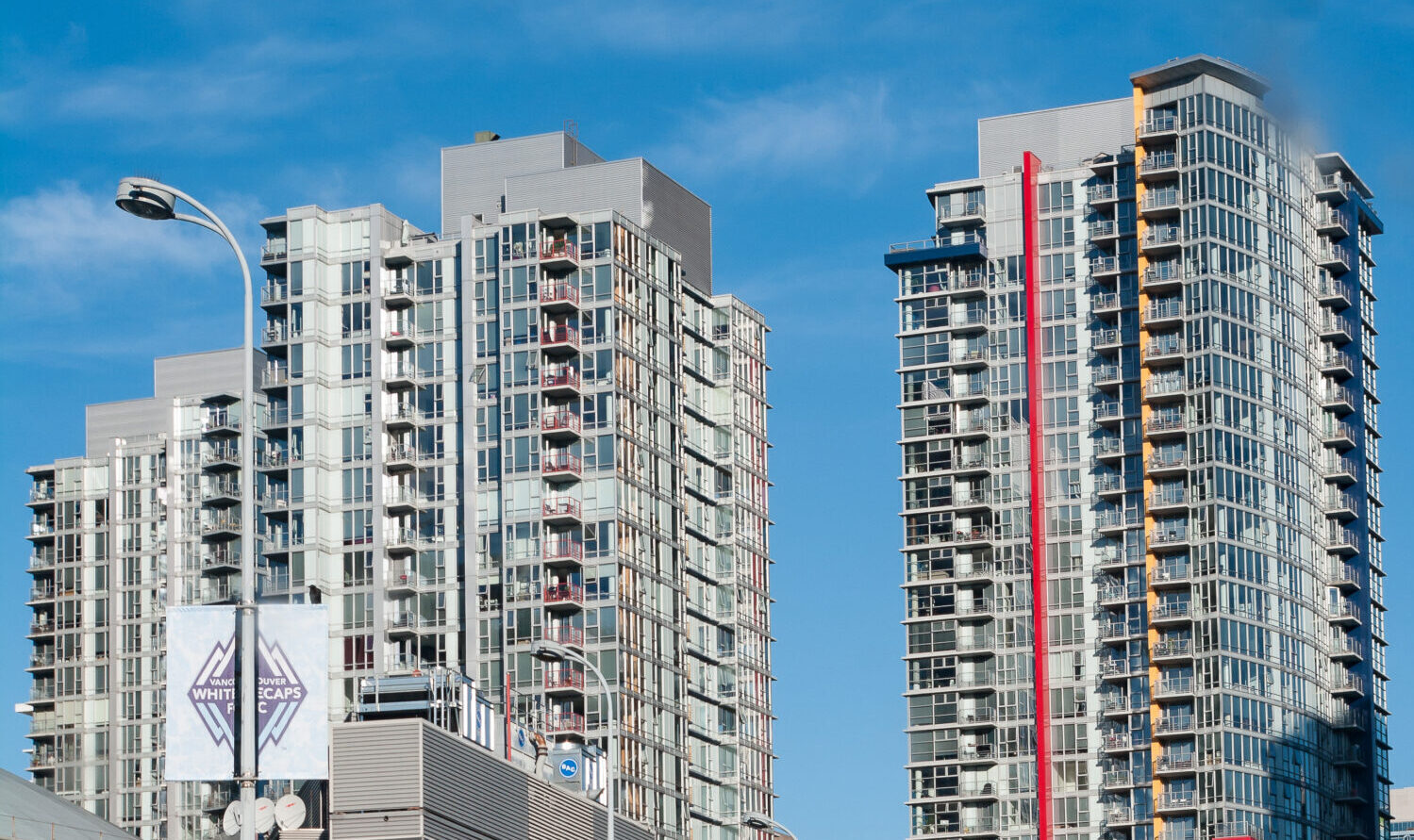Ideas to better manage public charging.
Before all of the PHEV owners lose their minds about the clickbait nature of the post title, let us discuss this burning issue in more detail.
At any given time, on any given day, the 6 free chargers at Metrotown are being used. As this is a 4hr free parking location, you would be lucky to get a spot to charge your vehicle. Occasionally, when I know that I may not make it home and desperately need a charge, I swing by the chargers to try my luck at finding a spot. It’s near to impossible.
The Problems
It’s disappointing to see that (on a regular basis) many chargers are occupied by Plug-in Hybrids, many with short range such as a Porsche Cayenne, Mitsubishi Outlander or Ford Fusion Energie. These vehicles have a seriously limited electric range of around 25-35kms, but still have hybrid drive backup and can continue their journey with gasoline as a fuel source. My 2017 Chevrolet BOLT EV doesn’t have a “Plan B,” I have to solely rely on public charging because I have no access to charging at home.
EV charging spots are regularly abused by people that don’t need to charge but are simply looking for a parking closer to the front door of the mall. You may be plugged in but your vehicle is not charging, hence you are blocking the spot for someone else that really needs it.
Another issue in areas where there is no charging time limit, is that people abandon their vehicles for long periods of time with the charger adapter locked in place. This doesn’t allow another EV owner to come along and unplug you, and restrict the use of the charger for others.
Finally, we have seen people intentionally blocking charging spots with their ICE vehicles (EV owners have phrased this action as being “ICED” and its quite common at some locations.
“The tragedy of the commons is a situation in a shared-resource system where individual users, acting independently according to their own self-interest, behave contrary to the common good of all users, by depleting or spoiling that resource through their collective action.”
While all public charging infrastructure is enjoyed by all on a first come first served basis, are we going to see an increase in frustration when using public charging? How will this be regulated in the future? How can we make this infrastructure work to its full potential and ensure maximum benefit for all users?
Here are a few suggestions for discussion:
Introduction of a charging code of conduct to manage the space better?
If Metro Vancouver municipalities introduced and enforced a code of conduct for EV owners to follow, it would alleviate the conflicts we are seeing with our current system. This could look like:
- No more free charging, implementing tariffs are a proven method of ensuring turnover, let EV owners pay to charge in public, its still considerably less than gasoline,
- All L2 chargers to have a maximum of 2-hour charging,
- All DCFC chargers to have an escalating tariff system, base rate for the first hour and double the rate for every hour thereafter,
- Once your vehicle has completed its charge you have 30 minutes to move it or will be fined or towed at owners’ expense,
- Owners that abandon vehicles on the chargers will be fined or towed at owners’ expense,
- ICE vehicles that block chargers are towed at owners’ expense,
- Division of EV charging stalls to BEV only and PHEV only stalls to maximize the efficiency of charging infrastructure,
- Identification for EV owners that live in MURB buildings and don’t have access to charging, with different rules or allowances for these owners to charge for longer periods during off peak hours.
PHEV Owners, this may affect you.
Keeping a PHEV charged up between trips means that the user is reducing their operating emissions; that is the main point of public charging is it not? What about the battery electric owner, is his/her need to access public charging greater than that of the PHEV owner? In the future, will we have to restrict PHEV’s to charging at certain times of the day or restrict them completely? Another option would be to limit most stalls to Battery Electric Vehicles only and have a few designated to PHEV’s which would mean that everyone gets a turn.
Condo Dwellers or EV drivers that have difficulty getting access to charging.
This is a major issue in Metro Vancouver, EV owners that live in Multi Unit Residences have more barriers to charging access. Should these people get preferential access to public charging during certain times of the day or week? How would we enforce this and identify these owners?
Take away those conveniently located parking stalls
Move the EV charging stalls to the other side of the parkade, away from the main entrance. If you are in desperate need of a charge, you will be content with walking a few extra minutes to the entrance knowing your vehicle is getting the energy it requires.\
Limit charging times to 2 hours
This will provide an average of 70kms of driving range for L2 charging (depending on the vehicle) which is more than sufficient for a top up. DCFC spots can be better managed by having an escalating tariff system, for example $10 for the first hour and $20 for every hour after that (this will be billed by the minute)
Enforcement
Parking enforcement is essential to manage the charging assets. Could this be done digitally through networked chargers? Notification and details of the violator can be sent to the local municipality bylaw department or even administered through the charging service provider. Having the ability to report and tow ICE vehicles that are intentionally blocking chargers is also very important. Who would take on the extra cost of this or would it be transferred to the tax payer or event potentially integrated into the cost of charging?
Any home in Metro Vancouver, that has a parking area with access to electricity, is equipped to charge an electric vehicle. Thousands of homes in our region have a low barrier to EV charging. We have to move away from the gas station model of using public infrastructure as a primary source of charging, to filling our batteries overnight or when our vehicle is stationary for long periods of time.
If you are interested in equipping your home, strata or commercial property with EV charging, check out our website at www.cieloelectric.ca or call us 778-862-4109



